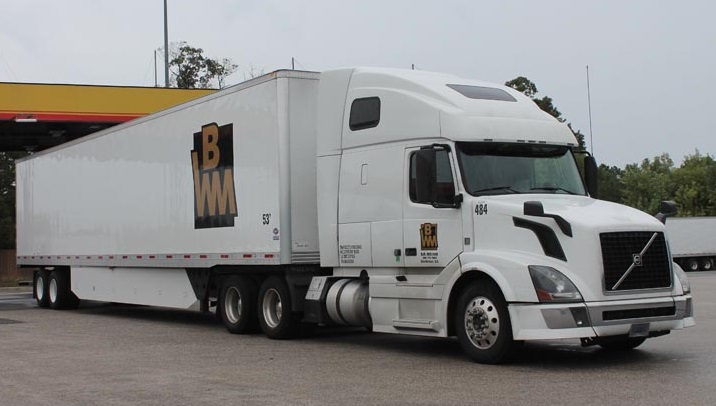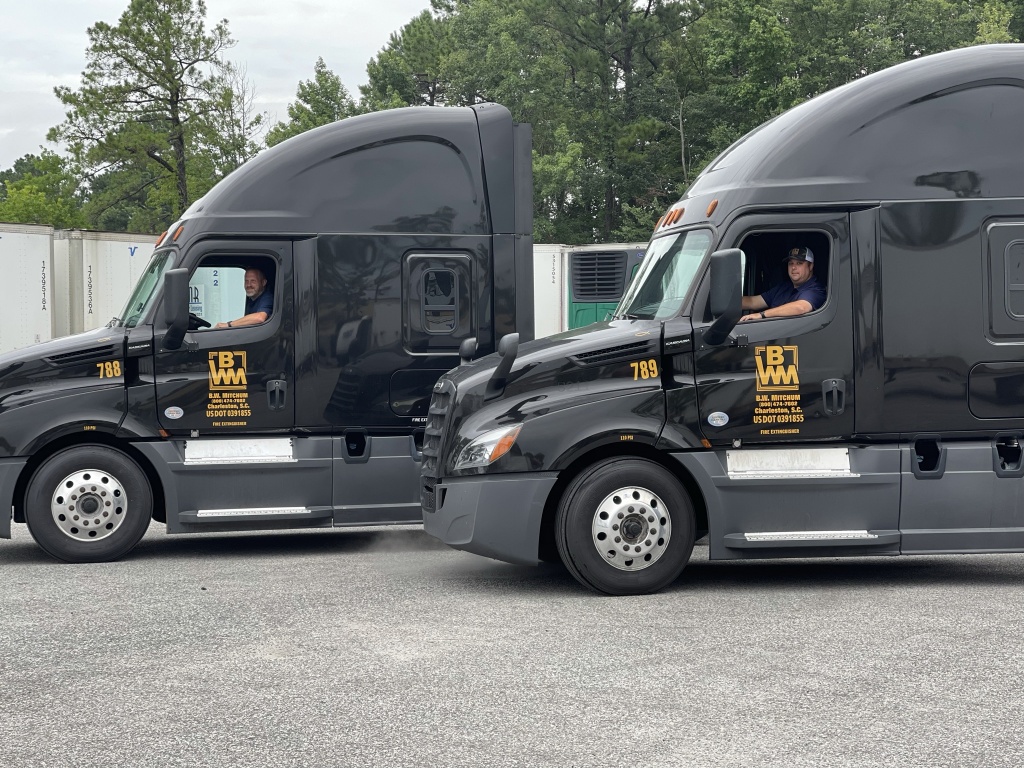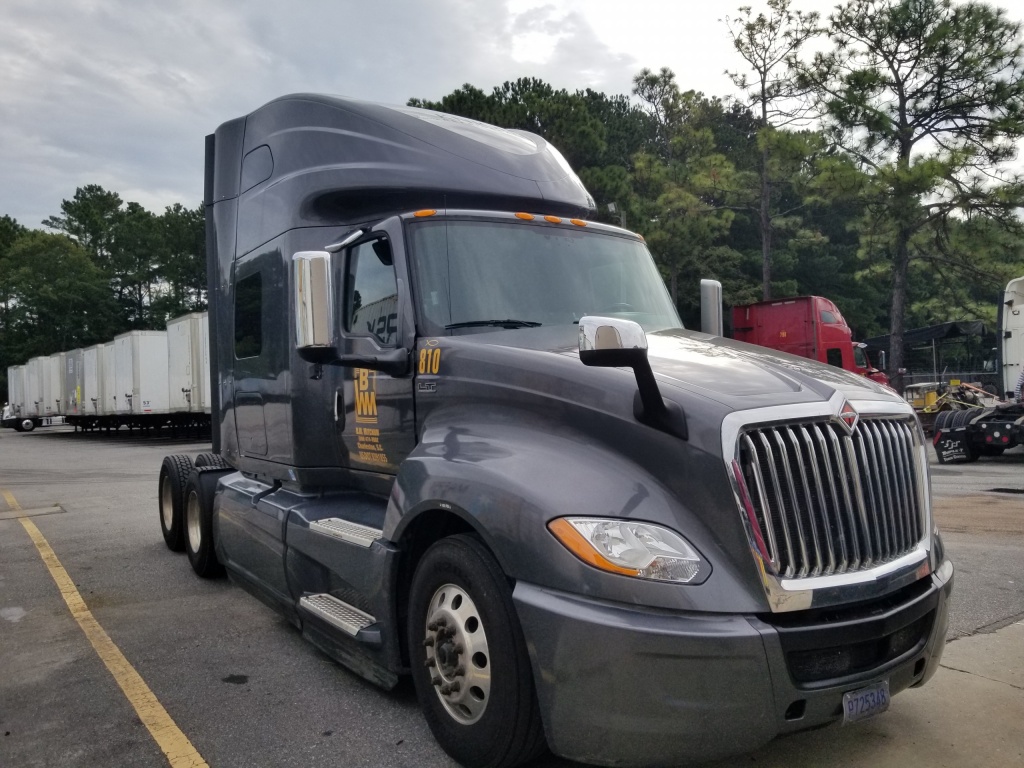Today, we’ll be discussing fatigued driving, its dangers, and how you can prevent it. As you probably have noted from our previous blog post, being a truck driver is not the easiest task. You are away from home often, on the road, and working to handle and deliver freight safely and efficiently. With long, sometimes unconventional hours, being a truck driver can be exhausting.
In fact, it is not uncommon to come across a fatigued truck driver. With that being said, fatigued truck driving is extremely dangerous, and we’re going to discuss why and how you can take care of yourself on the road and prevent becoming fatigued. If you are interested in learning more, you’re in the right place! Let’s get started.
When Driving Turns Dangerous: Understanding Fatigued Driving
Fatigued driving happens when someone operating a motor vehicle is extremely tired. Fatigued driving causes the driver to be too tired to stay alert. This can be extremely dangerous. In fact, truck driver fatigue is one of the leading causes of truck accidents, contributing to approximately 30 to 40% of these accidents.
According to the Federal Motor Carrier Safety Administration (FMCSA), 13% of commercial vehicle drivers were fatigued at the time of their crash. Fatigued driving often occurs from inadequate sleep, long working hours, strenuous activities, or physical or mental exertion. Some other causes of fatigued driving include:
- Long Periods of Inactivity
- Sleep Disorders
- Medications that Cause Drowsiness
- Not Getting Enough Sleep over Multiple Days
- The Time of Day (For example, you are most likely to feel tired in the early morning hours)
Hazards of Fatigued Driving: Effect and Consequences
Sometimes, drivers do not even realize they are fatigued, as some signs are hard to identify. Some effects of fatigued driving include:
- Reacting More Slowly to Other Drivers, Pedestrians, or Changing Road Conditions
- Nodding Off
- Drifting out of Your Lane
- Experiencing Tunnel Vision
- Making Poor Decisions
- Forgetting the Last Few Miles you Drove
- Missing Road Signs or Turns
- Difficulty in Keeping Your Eyes Open
Stay Awake, Stay Safe: Tips and Strategies to Prevent Fatigued Driving
There are quite a few ways that you can prevent or avoid fatigued driving. As a commercial truck driver, it is extremely important that you do whatever you can to stay well-rested and prevent fatigued driving. This will not only keep you safe, but will keep fellow drivers and pedestrians safe as well.
1. Get Enough Sleep
One of the best things you can do to prevent fatigued driving is to get enough sleep prior to getting behind the wheel. Commercial truck drivers may not have standard hours, such as a 9 to 5 shift, so you may not have the same sleeping schedule as the average person.
However, it is still important to get adequate sleep. Generally, adults should get 7 to 9 hours of sleep each night. If you ever begin to feel drowsy or less alert, you should also take a nap if possible. Short naps have been proven to be more effective at increasing energy and alertness than a cup of coffee!
2. Sleep Well
Now this one may seem easier said than done, however, it is important that you sleep well. That means creating an environment that helps you sleep well. For most people, this means a dark, quiet, cool room, with no distractions or electronics especially cellphones. It can be tempting to scroll through your phone before sleeping. However, this can actually affect how well you sleep.
Using your phone keeps your mind active and awake, delaying REM sleep. Additionally, the blue light exposure from your phone can interfere with your body’s internal clock, throwing off your circadian rhythm. If you will be sleeping in your truck cabin, you may want to invest in a shade for the windows to block sunlight, and perhaps even earplugs, depending on where you are parked.
3. Eat a Healthy Diet
We have all heard about the importance of maintaining a healthy diet, but did you know that it can also affect how well you sleep? Skipping meals, eating at irregular times, or not eating properly can lead to fatigue. A recent study of commercial motor vehicle drivers found that an unhealthy lifestyle contributed to their fatigue. With that being said, it is important to eat three meals a day, preferably around the same time every day, and make sure your meals are balanced and healthy! Check out our previous blog post if you want more information on healthy eating habits for truck drivers.
4. Do not Rely on Things like Coffee to keep you Awake
When we are tired, our first reaction is often to grab a cup of coffee. While caffeine can definitely provide an energy boost, an excessive intake of caffeine can wreak havoc on your body. For example, too much caffeine can cause insomnia, irritability, nervousness, and headaches. Additionally, if you use caffeine regularly, it may begin to be less effective when it comes to giving you that energy boost.
Some people rely on other “alertness tricks” such as smoking, opening the window, or turning up the radio. While these things may help you feel more energetic and alert for a short time, they are not effective for maintaining the level of alertness needed to drive. Remember, the only cure for fatigue is adequate sleep!
As you can see, these are just a few ways that you can help prevent fatigued driving. We also encourage you to be aware of signs of fatigued driving on your fellow drivers– Look out for each other! Here at BW Mitchum, we take safety seriously. Our drivers and staff work together to create a culture of safety– It’s part of who we are!
In our last post, we discussed some of the realities of being a truck driver. While a career in commercial truck driving will allow you to travel and see new places, it is definitely not all fun and games. We took a look at some of the expectations versus reality of being a commercial truck driver, including being away from home often, sightseeing, and more. If you are interested in learning more, we encourage you to check out our last post!
We hope you found this article helpful and informative. If you are looking for a job as a commercial truck driver, we hope you’ll consider driving for BW Mitchum! You can learn more about our career opportunities here. We hope you found this article informative, and we hope to see you back on the blog soon for more tips and insight on topics involving truck drivers. If you are currently seeking new opportunities in the commercial trucking industry, we are always interested in adding new talent to our team! Thank you for reading!







